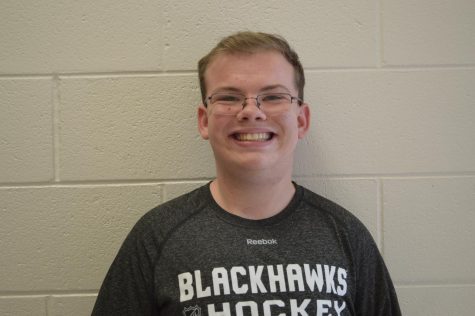Political rally causes commotion in Chicago
March 14, 2016
What was supposed to be a patriotic and energetic event, turned to terror and chaos. On Friday, March 11, 2016 GOP Presidential front-runner Donald Trump was scheduled to host a rally at the University of Illinois at Chicago Pavilion. Thousands of supporters anxiously waited in line for hours in hopes that they would see Trump.
Though the event was scheduled to start at 6 p.m., people were let inside of the venue around 3 p.m.
As 3 p.m. approached, spectators started to flock towards the Pavilion. Several demonstrators were standing across the street from the stadium before the event began. At 6 p.m., Trump took stance behind the stage podium announcing that due to security concerns, the rally would be postponed. This exclamation caused over 25,000 people who came to watch Trump speak to erupt with rage.
Disregarding security instructions, signs with writing aimed at both Trump and his allegiant supporters were spotted amongst the crowd. One protester held a sign that read “TRUMP = HATE” with a swastika on it, while another protester went on stage and started violently shouting.
With the increasingly dangerous amount of violence, Trump supporters sought safety towards the front entrance of the venue. Outside the venue, an estimated 5,000 protesters held signs and shouted obscenities. The group of protestors consisted of many young college students.
Trump’s anticipated reaction came later than expected; while awaiting the rally, law enforcement did not advise Trump to cancel the event, yet the candidate decided to cancel it due to safety concerns. Trump informed political commentator Sean Hannity that he believes the group of protesters “had no respect for the law.” Trump also stated to Fox News’ Greta Van Susteren that the demonstrations were “planned attacks.”
Throughout the night, a total of five arrests and three injuries occurred; several protesters even severely injured a police officer’s head.
In response to this violent event, many Republicans — including other Presidential contenders such as Governor of Ohio John Kasich, Texas Senator Ted Cruz and Florida Senator Marco Rubio — blame Trump for the recurring violence at his rallies.
Democratic presidential front-runner Hillary Clinton also agreed that Trump is at fault for the recurring violence.



